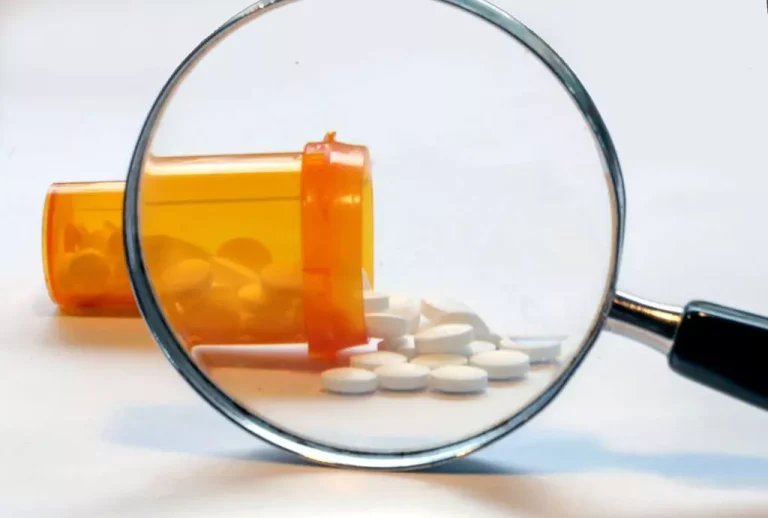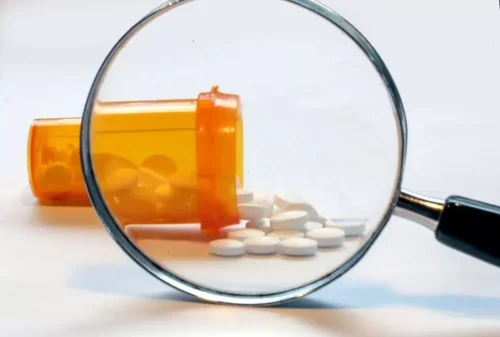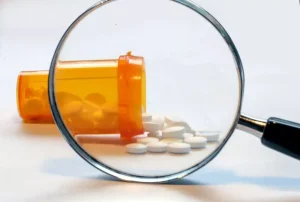
Here, we focus separately on groups of individuals who did versus those who did not obtain help and examine baseline predictors of 3-year remission and potential differential predictors of remission in these two groups. A slip may feel like the end of the world, but really, it’s an opportunity for growth and reinforcing basic life skills that need more work. Many people emerge from relapse with a fresh scare regarding what they are up against, as well as a deeper commitment to becoming sober. This renewed motivation can help you come back from a relapse even stronger than you were before. This step may be particularly tough, especially if you’ve hurt your friends and family members with your addiction in the =https://ecosoberhouse.com/ past.

Tips to Help You Stay Sober
Many people require additional support through sober living, support groups and medication to maintain their sobriety. The good news is that with treatment, most people can overcome alcoholism. About a third of people treated for alcohol addiction have no further symptoms one year later, according to the National Institute on Alcohol Abuse and Alcoholism. Many others reduce their drinking significantly and report fewer alcohol-related problems after entering rehab.

Alcohol Recovery
- If you do an online search about drinking dreams, you’ll find that there’s a lot of disagreement about what they mean.
- Many sober homes also provide counseling, vocational training, life-skills training and other services that can aid your recovery.
- For some people, AUD has hurt their relationships, careers, health, finances, self-esteem, and other aspects of their lives.
Our state-specific resource guides offer a comprehensive overview of drug and alcohol addiction treatment options available in your area. If you need help or feel like you could be on the cusp of a relapse, remember that addiction is a chronic disease. You wouldn’t expect that you could self-treat hypertension or diabetes without the help of medical professionals.
Mental Health Newsletter

It should not be used in place of the advice of your physician or other qualified healthcare provider. It should not be used in place of the advice of your physician or other qualified healthcare providers. The question of whether an alcoholic can ever drink again treads deep into the heart of the complexities surrounding alcohol use disorder (AUD), recovery, and the nature of addiction itself. This exploration has navigated through the biological, psychological, and social underpinnings of alcoholism, the controversial concept of controlled drinking, and the challenging dynamics of sobriety and relapse. It is evident that alcoholism is not a one-size-fits-all condition, nor is its recovery a linear path marked by a universal solution. Each relapse episode can strengthen the person’s belief that sobriety is not possible for them.
However, these studies focused primarily on general population or media-recruited samples; that is, on individuals who had not initiated help-seeking and who may have had less severe and as yet unrecognized problems 5,6. When trying to sober up and figure out how long alcohol stays in your system, many people think drinking water will flush out toxins and help people sober up. Drinking water will not make people sober up faster or reduce their level of impairment. Drinking water helps replace lost fluids and can reduce some negative effects of dehydration, like headaches and dry mouth. Drinking water between alcoholic drinks can help slow down alcohol intake and potentially reduce the rate of alcohol absorption.
When someone with an AUD starts drinking, they lose the ability to fight off addiction and are driven by maintaining a buzz or ensuring they will be able to drink. These individuals are sucked back into the vicious cycle of losing control of their actions and desires. This cycle is accompanied by feelings of shame and guilt, leading them to drink more and increasing the severity of their alcoholism. There are many drinking again after sobriety reasons a person in recovery may decide to drink again.
- Remember that you’re not alone in this, and seeking help from a support network or therapist can make a world of difference.
- This activity provides 0.75 CME/CE credits for physicians, physician assistants, nurses, pharmacists, and psychologists, as well as other healthcare professionals whose licensing boards accept APA or AMA credits.
- According to the National Institute on Alcohol Abuse and Alcoholism (NIAAA), recovery is a process that involves remission from AUD and quitting heavy drinking for good.
- These findings held for individuals who initially obtained help and for those who did not.
- That said, most people go through alcoholic recovery stages.
- Alcoholism, more formally known as Alcohol Use Disorder (AUD), is a medical condition characterized by an impaired ability to stop or control alcohol use despite adverse social, occupational, or health consequences.
- They debate if they can drink casually after spending time away from alcohol.
When I went away with my friends to the lake house, I called my local cocktail bar ahead of time and asked if they could make me a nonalcoholic beverage to-go. I felt silly doing it, but they told me my order wasn’t all that unusual. I was not alone in my sudden questioning of a lifelong habit. Alcoholics Anonymous Elaine Skoulas, a licensed marriage and family therapist based in L.A. Who specializes in addiction, said it’s not uncommon to reevaluate your drinking habits as you age.

 Detalles Solidarios
Detalles Solidarios HAZTE VENDEDOR
HAZTE VENDEDOR